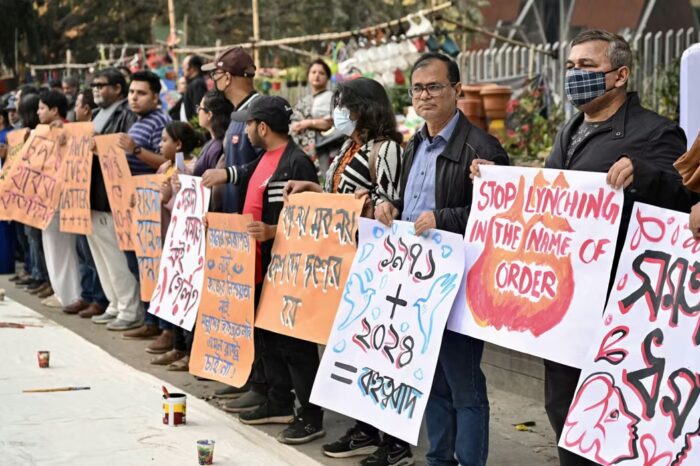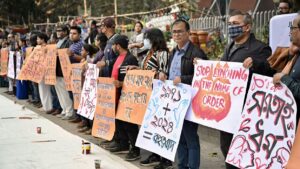Sharp rise in bullying cases reported across primary and secondary schools in Edinburgh

Image by futurity.org
A “startling” report has come to light where new figures have suggested a sharp rise of reported bullying incidents in Edinburgh schools by 400 per cent since 2019.
These incidents include more than 500 race-related attacks across the Scottish capital’s primary and secondary schools.
According to EdinburghLive, the data collected shows “primary incidents jumping from 157 in 2019/20 to 912 during the year ending in April”. This was presented to the education committee on Tuesday, 15 November.
The council has described the report as a proof of success after the reporting system was changed in 2019.
Senior education manager Stephen Kelly said, “If anything, these incidents and increases is a mark of success and to be honest I still think we are under reporting and I expect these numbers to go up.
“The big push is about improving the quality of our reporting and the quality of our recording.
“What was really important for us is that young people knew how to report incidents, that young people knew what would happen once these incidents were reported, that our staff understood their responsibilities in recording these incidents and closing them off.”
A huge rise in the number of reported incidents in high schools was also noted, with cases rising from 223 to 1193 annually.
Statistics have shown that these incidents were mostly race, sexual orientation and gender-related bullying.
Across primary and secondary schools in Edinburgh, there were 537 racism or race-related incidents. At the primary schools, cases significantly went up from 25 in 2019/20 to 210 in 2021/22, while in secondary schools they went from 51 to 327, EdinburghLive reports.
Despite the worrying figures, officials suggest that students have become more confident in speaking to their teachers and reporting such incidents after the system was changed.
Responding to news of a 400% increase in reported bullying at Edinburgh schools, Foysol Choudhury MSP said, “While it is great that young people are now confident enough to report bullying, it is also worrying to see a truer picture of the levels of bullying in our schools revealed. Bullying has been a major concern in many schools, and not enough is being done to tackle it.
“The fact that this new reporting system has highlighted 537 racist incidents is shocking, but not surprising. We were all aware that racism was an issue in schools and while it is good that this is now being reported and the data is finally being collected, it is incumbent upon schools to ensure that racist and other discriminatory bullying is rooted out.
“It is saddening to see young people targeted by such behaviour which often continues to affect people well into later life. Nobody should be made to feel belittled or discriminated against in our society, let alone at such a young age.
“I want the Learning Directorate to take action immediately and offer schools the support they need to tackle these issues as well as to help parents take more responsibility of how their children behave. The mental wellbeing of children and young people is key to their educational progress and everyone should feel safe in our schools.”
Councillor Tim Jones of the Conservative Party also posed a question to the council about how they could say for certain that the figures suggested a rise in the incidents being reported rather than a rise in school bullying cases.
Kelly affirmed that investigations had been conducted and through engagements with young people it was concluded that this was not the case. However, he also said that an “ongoing piece of work” would help determine if bullying was on the rise.
According to EdinburghLive, a report said, “Whilst there is clearly still work to do to eliminate bullying and prejudice in all its forms, trends in the Pupil Wellbeing survey data would suggest that our work in this area is beginning to have an impact.
“This data is complemented by the new national Health and Wellbeing survey data. We will continue to monitor the data to gain accurate information about
children and young people’s experiences and to evaluate implementation of measures to address bullying and prejudice.”








